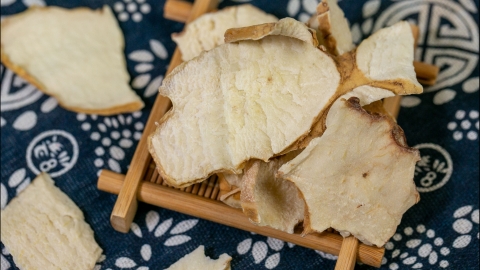Which is better, Rehmannia glutinosa (Shu Di Huang) or Polygonatum sibiricum (Huang Jing)?
There is no definitive answer to whether Rehmannia glutinosa (Shu Di Huang) is better than Polygonatum sibiricum (Huang Jing). Both are commonly used in traditional Chinese medicine and the choice depends on the specific condition and should be made under the guidance of a physician.

Rehmannia glutinosa and Polygonatum sibiricum are both commonly used herbs in traditional Chinese medicine, each with different functions and indications. The main function of Rehmannia glutinosa is to nourish yin and enrich the blood, as well as to replenish the kidney. It is effective for symptoms such as dizziness, tinnitus, soreness and weakness of the loins and knees, seminal emission, night sweats, dry mouth, and thirst caused by kidney yin deficiency and blood deficiency. If an individual's constitution leans toward kidney yin deficiency and presents the above symptoms, Rehmannia glutinosa may be more suitable.
Polygonatum sibiricum has a sweet taste and neutral property, entering the spleen, lung, and kidney meridians. It functions to invigorate qi and nourish yin, strengthen the spleen, moisten the lungs, and benefit the kidneys. It is suitable for symptoms such as spleen qi deficiency, fatigue, and stomach yin deficiency. It is commonly used for dry cough caused by lung heat, especially during autumn and winter. In addition, Polygonatum sibiricum can also be used to treat symptoms caused by kidney deficiency, such as soreness and weakness of the waist and knees, impotence, seminal emission, tinnitus, and dim eyesight.
When choosing which herb to use, the decision should be based on the patient's specific condition and constitution, and made under the guidance of a qualified physician. It is also important to follow medical advice and use the herbs appropriately to achieve the desired therapeutic effect.








